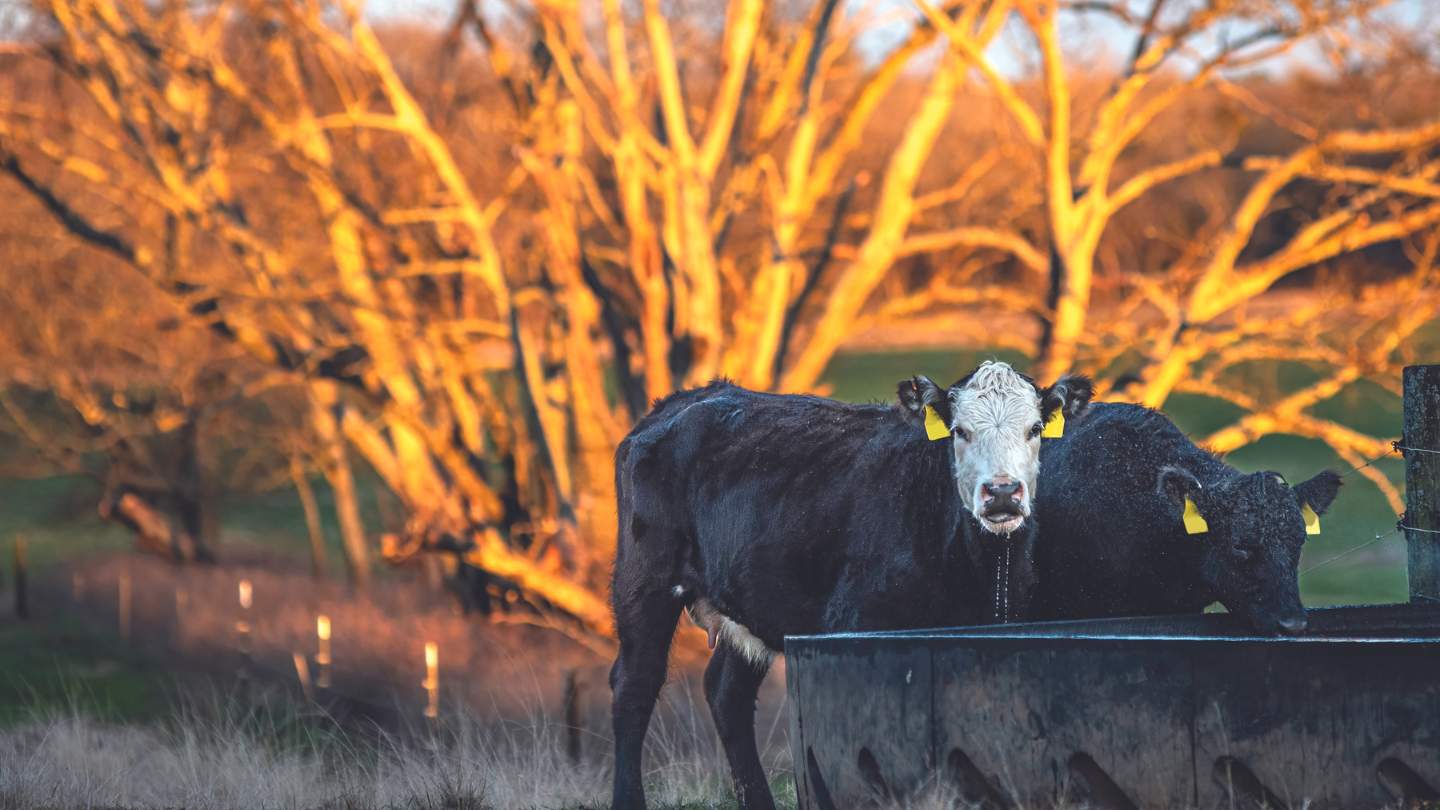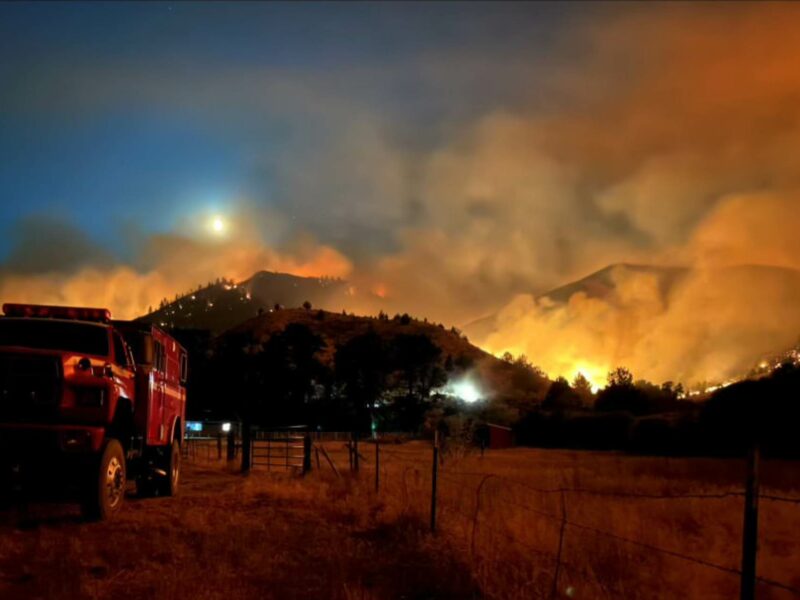Water your livestock, legally
For many Western landowners, stockwatering and irrigation go hand in hand. Without a stockwater-specific water right, however, users could be operating outside of their established decree. Understanding your water right, and how stockwater fits within it, helps to ensure responsible water resource management in a complex and evolving legal environment.
In September 2020, Colorado implemented HB 20-1159, signaling a significant shift in water rights legislation, particularly concerning stockwatering. Stockwater laws differ from state to state, and while other legislation has been introduced throughout the West, HB 20-1159 demonstrates a step in the direction toward providing more clarity for Colorado producers. The bill empowers state water officials to validate historical water usages, including those for livestock, irrespective of official water rights. This provision ensures that ranchers’ water uses maintain a priority position, preempting stream protection measures commonly referred to as instream-flow rights. While the confirmation doesn’t grant a water right, it opens the door for users to decide whether to pursue water court confirmation or adjudication.
The roots of this legislative move trace back to 2012 in Routt County, where irrigators faced restrictions during a drought year if their water rights didn’t explicitly specify “stockwatering” as a decreed use. For landowners in the broader Western U.S., decreed rights serve as the legal framework for managing stockwatering. Types such as the “Irrigation use” decree, “Agricultural use” decree, “Livestock watering” decree and designated well rights for domestic and stockwater use may allow for stockwatering during specific seasons and priorities.
For junior stockwater water right holders looking to secure water access, pursuing a well permit, adding stockwater use to a senior irrigation right, seeking water court confirmation about the details of the original water right, acquiring a storage right, and exploring augmentation plan coverage could all be viable strategies depending on the circumstance.
Beyond records and paperwork, physical infrastructure is a vital component when looking to secure a water right for stockwater. Without a functional headgate and an accurate measuring device, landowners could be faced with curtailment or administrative fines.
For landowners across the Western U.S., seeking administrative confirmation, understanding decreed uses, preparing for over-appropriated conditions and ensuring proper infrastructure may be crucial steps in securing water rights for stockwater. While water administration varies across the West, these general considerations can play a critical role in securing your water rights and protecting your operation for generations to come.





